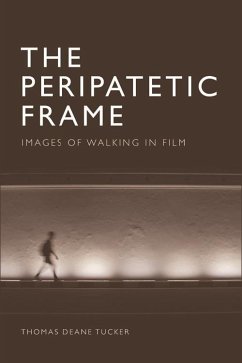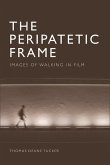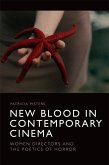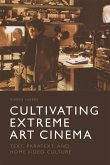From cinema's earliest days, walking and filmmaking have been intrinsically linked. Technologically, culturally and aesthetically, the pioneers of cinema were not only interested in using the camera to scientifically study ambulatory motion, but were also keen to capture the speed and mobile culture of late 19th-century urban life. Photographers such as Felix Nadar took their cameras into the Parisian streets and boulevards as mechanised flaneurs, ushering us into the age of the 'mobilised virtual gaze'. But if photography could only embalm modernity in an instant of time, the cinema brought these instants to life again. From Muybridge and Marey's photographic studies of motion to Charlie Chaplin's character 'The Tramp', and from the Steadicam to the police procedural, Thomas Deane Tucker explores the intertwined relationship between cinema and walking from its very first steps - breaking new ground in motion studies and providing a bold new perspective on film history.
Dieser Download kann aus rechtlichen Gründen nur mit Rechnungsadresse in A, B, BG, CY, CZ, D, DK, EW, E, FIN, F, GR, HR, H, IRL, I, LT, L, LR, M, NL, PL, P, R, S, SLO, SK ausgeliefert werden.









